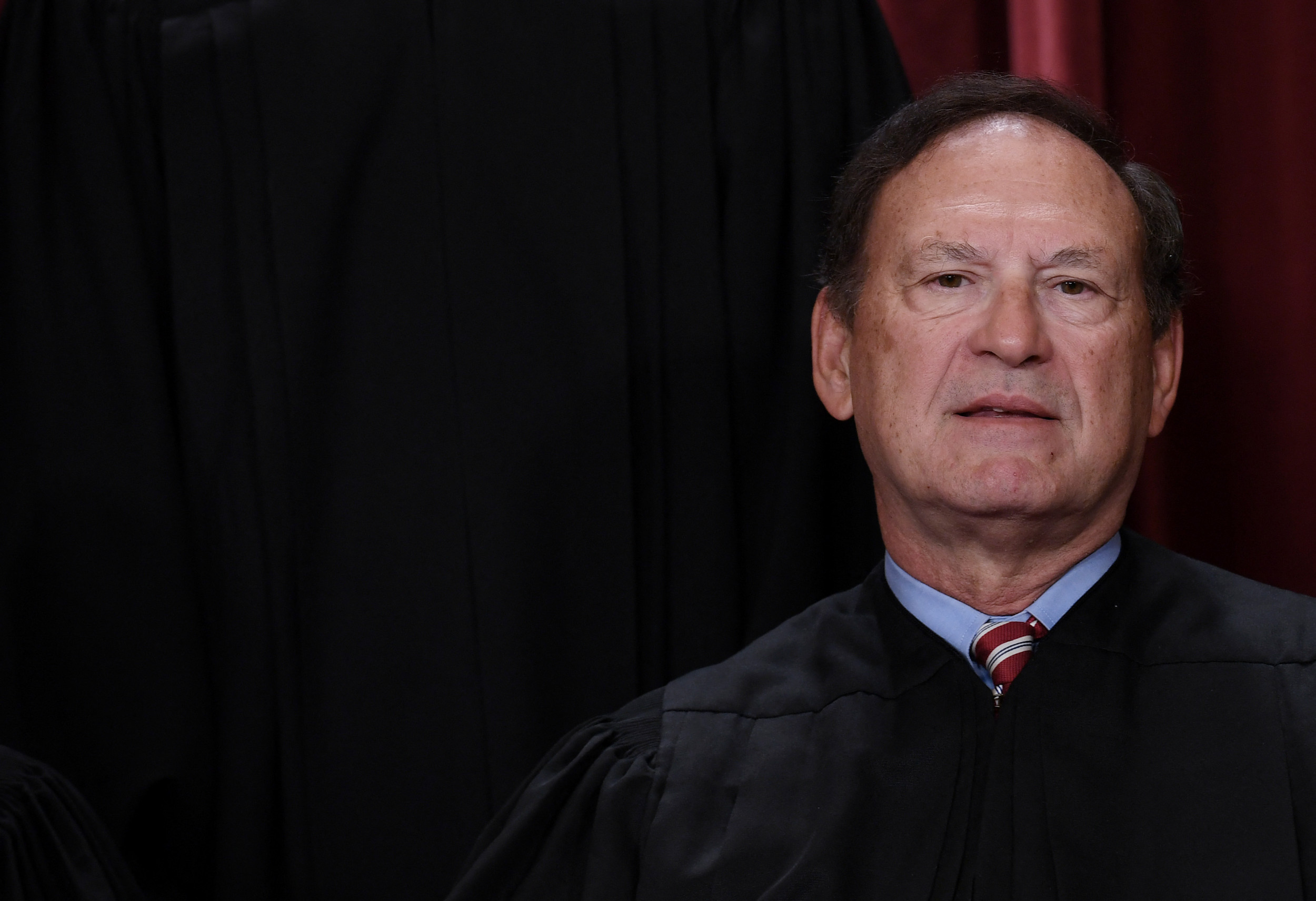America's multiculturalism is often considered a point of pride—we are truly a diverse society of various cultures worthy of recognition. Celebrating and embracing these cultures is part of what makes us who we are as Americans. Despite this truism, people from Middle Eastern origin often fall through the cracks, lacking any sort of mention—much less any significant acknowledgment and recognition. It's long overdue that we start to intentionally uplift our fellow Middle Eastern and North African (MENA) employees, content creators, artists and other members of society who serve as some of the most eloquent and expressive contributors to the diversity of the United States.
In April 2021, the Department of State declared April as National Arab American Heritage Month (NAAHM), in which only six states now formally recognize: Arkansas, Hawaii, Michigan, New York, North Carolina and Virginia. Unfortunately, NAAHM recognizes 22 Arabic speaking countries—excluding Iran, Afghanistan, Turkey and Armenia (all of which are considered to be non-Arabic speaking countries within the MENA region).
Despite this federal declaration, most companies, government agencies and social media websites still do not acknowledge or uplift people of MENA origin. The nation forgets the 3.7 million Americans who trace their roots back to an Arab-majority country, as well as an estimated 385,000 Iranians, 132,000 Afghans, 500,000 Assyrians/Chaldeans and 350,000 Turks. Although the MENA in America makes up less than 3 percent of more than the 44.9 million U.S. foreign born population in the United States, it does not justify forgoing recognition.
This lack of recognition from political and corporate entities leaves individuals and advocacy groups with the task of uplifting and highlighting MENA culture. In 2010, the House voted in favor of H.Res.267 which aimed to recognize the Iranian New Year (Nowruz). Even with the recognition, Florida State Representative Anna Eskamani, the first Iranian American elected to public office in Florida, hosted the first ever Persian New Year party in Orlando City Hall only two years ago. Organizations like the not-for-profit Farhang Foundation, established in 2008, seek to celebrate and promote Iranian culture through member support. Although Iranians largely started their migration to the United States after the Iranian Revolution in the 80s, the theme among MENA groups is common—many had to assert themselves to bring recognition to their culture. There has yet to be a meaningful statewide or nationwide push to recognize all MENA cultures.

The lack of representation is intentional due to the prevalent xenophobia that exists in Western countries. A Pew study released in 2017 revealed that roughly half of Muslims had experienced discrimination in the U.S. This goes in hand with the lack of representation found in media—an astonishing 92 percent of all scripted shows in Hollywood have no MENA representation, and among the 8 percent that did, 78 percent of them were portrayed as "terrorists/agents/soldiers or tyrants." Pervasive xenophobia solidifies the lack of proper, positive MENA representation in the media. In the U.S., MENA people lack visibility in media representation and are cast in pigeon-held roles. Their cultures deserve just as much celebration as any other.
Going beyond just U.S. corporations and the government, MENA children also deserve representation and acceptance because child development happens best when students have their cultures reflected and identities validated. The only Disney storyline a MENA child can culturally attempt to relate to is the problematic movie Aladdin, which even Disney+ warned has "negative depictions and/or mistreatment of people or cultures."
As a Muslim Iranian American who grew up in the States post-9/11, I truly wish there was more of a systemic push to uplift people who come from MENA regions. This lack of representation left me confused and embarrassed of my identity in my youth and early adulthood—even though the harmful stereotypes that were widespread in the 2000s had nothing to do with my beautiful and rich culture. The global "War on Terror" campaign was constructed immediately after the 9/11 attacks by former President George Bush to justify the American invasion of Afghanistan. Widespread sentiments like the "War on Terror" arguably affected many Americans. According to the FBI, in 2001, anti-Muslim hate crime incidents went from 28 to 481. After 9/11 they became the second highest reported among religious-bias incidents in the U.S.
This lack of proper media representation is coupled with minimal recognition from the government and corporations for MENA contributions to our society. The NAAHM is a great start for acknowledging Arab Americans who reside in the U.S., but it is time that we acknowledge all MENA folks and celebrate their cultures, heritages and impact. People from Middle Eastern origin are just as American, and it is time that they are recognized as being a crucial part of our nation's fabric. More needs to be done to recognize all people of MENA origin in America.
Ariana Afshar is an Iranian American political content creator and activist. She earned a degree in journalism and political science from California State University-San Luis Obispo. Afshar works with local progressive politicians/candidates to advocate for various issues.
The views expressed in this article are the writer's own.
Uncommon Knowledge
Newsweek is committed to challenging conventional wisdom and finding connections in the search for common ground.
Newsweek is committed to challenging conventional wisdom and finding connections in the search for common ground.





